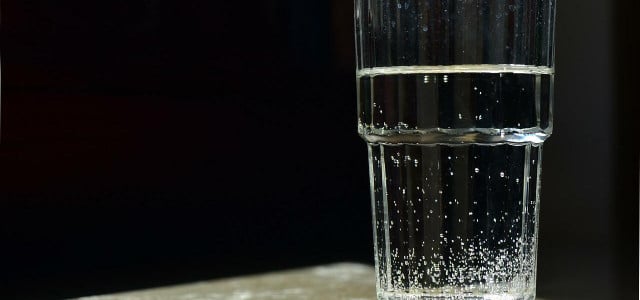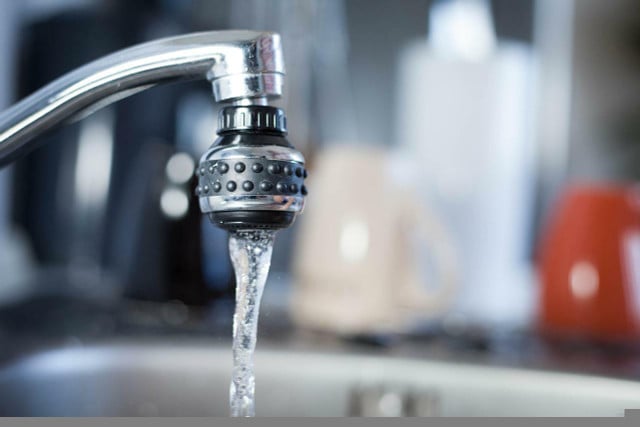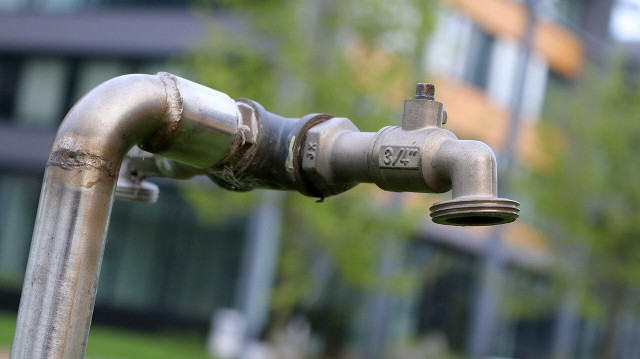
It doesn’t look pretty in a glass – but can it also be dangerous to drink hard water? We’ll tell you everything you need to know about it.
The fact that water is particularly calcareous is particularly noticeable if you often have to descale the kettle or deposits are visible on the water glasses. That doesn’t look very appetizing – especially considering that we drink limescale with every sip of tap water.
The lime content in the water varies from region to region. Calcareous water, also known as hard water, is widespread, especially in southern Germany. This is because there is more lime, gypsum and dolomite in the soil. Soft water is more likely to be found in areas where granite, gneiss or basalt can be found in the soil. But what actually happens when you drink hard water?
Drinking Hard Water: Is It Dangerous?

(Photo: CC0 / Pixabay / Khaligo)
It used to be believed that drinking hard water could lead to hardened arteries. However, according to the German Heart Foundation, this is not the case. In general, you can drink hard water without hesitation. This is also confirmed by the Federal Environment Agency. Hard water has no negative effects on your body. On the contrary: lime consists of magnesium and calcium and these minerals are essential for the human body. However, if you want to cover your daily needs with tap water, you would have to drink a ten-liter bucket of it.
According to the Federal Environment Agency, water is one of the most strictly controlled foods in Germany. Drinking water from the tap instead of buying water in plastic bottles not only protects your wallet, but also the environment. This is because there is no plastic packaging, no energy used in bottle recycling and no CO₂ emissions on the transport route. If you are still unsure about your tap water, you can also have it tested by a laboratory such as Wassertest Online**.
However, lime does play a role in the taste of the water: in soft drinking water, for example, the aroma of hot drinks such as tea and coffee can develop better.
Drinking hard water: what about other countries?

(Photo: CC0 / Pixabay / JESHOOTS-com)
As already mentioned, water tastes different depending on the region. You must have noticed this while on vacation. Especially in southern countries there is often chlorine in the tap water and unfortunately it tastes accordingly.
But it doesn’t matter whether it’s chlorinated or particularly calcareous: As in Germany, you can drink tap water throughout the EU. Because the EU prescribes binding quality standards for its member states with the EU drinking water guidelines.
The situation is different in countries like Morocco and Albania or in the Bahamas: According to the American Center for Disease Control and Prevention (CDC), you should not drink tap water there. However, this has nothing to do with the lime content, but with bacteria or other pathogens that may be in the water.
If you are unsure whether you can drink tap water, you can boil it beforehand. If you are planning to travel outside of Europe and want to know exactly about the local water quality, you can get information about your travel destination from the Federal Foreign Office.
Read more on Techzle.com:
- Sparkling water: is carbonated water unhealthy?
- Collect rainwater: How best to collect and use it
- Groundwater: That’s why it’s so important to us